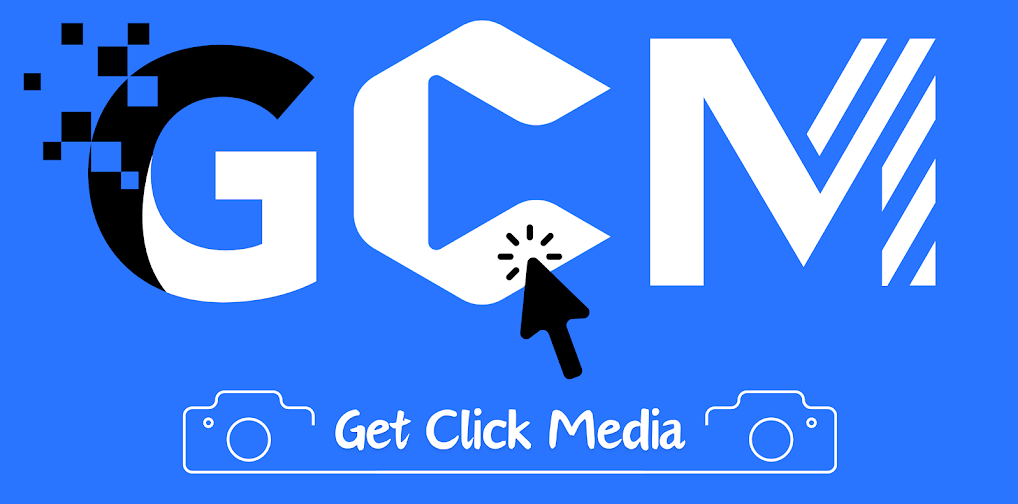- HOME
- -
- single post
Top 7 WhatsApp Business Marketing Mistakes That Kill Conversions

WhatsApp is no longer just a chat app. Today, it’s a powerful business tool that can help brands connect with customers directly, build relationships, and drive sales. In fact, WhatsApp Business allows you to send product updates, offer support, run promotions, and much more — all in a personal, real-time way.
But here’s the truth: while many businesses are excited to use WhatsApp for marketing, a lot of them make mistakes that silently kill their conversions. If you’re not careful, you can annoy your customers, lose trust, and watch your campaigns fail.
In this blog, we’ll uncover the top 7 WhatsApp Business marketing mistakes that can ruin your results — and more importantly, how to avoid them so you can boost engagement and sales.
1. Ignoring Customer Segmentation
One of the biggest mistakes businesses make is sending the same message to everyone. This “one-size-fits-all” approach doesn’t work in today’s marketing world. People have different needs, preferences, and buying habits.
When you ignore segmentation, you end up sending irrelevant messages to the wrong people — and that leads to low response rates and unsubscribes.
Example: Imagine sending a “50% off on women’s clothing” message to male customers who only buy gadgets from you. It’s wasted effort.
For example:
“Frequent buyers”
“Men’s clothing”
“Women’s accessories”
“VIP customers”
Solution:
Group your customers based on factors like purchase history, location, interests, and behavior. Most CRM tools and even WhatsApp Business API integrations let you create labels and segments. That way, you can send targeted messages that feel personal and relevant.
2. Sending Messages at the Wrong Time
Timing is everything in WhatsApp marketing. Sending messages at odd hours — like late at night or during working hours when people are busy — can hurt your brand image and lower engagement.
People expect WhatsApp to be a personal space, not an app that disturbs them during family time or sleep. A poorly timed message can make even a good offer feel intrusive.
Solution:
Understand your audience’s routine. Test different sending times and track which ones get the highest open and reply rates. For example, if your customers are working professionals, sending messages between 6 PM and 8 PM might work better.
Also, consider time zones if your audience is in different locations.
3. Overusing Promotional Content
Customers don’t open WhatsApp to be bombarded with ads all the time. If all your messages are about discounts, offers, and sales, people will quickly mute or block your number.
WhatsApp is about building relationships, not just pushing products. Think of it as a conversation, not a billboard.
Solution:
Follow the 80/20 rule — 80% of your content should be value-driven (tips, news, guides, updates) and only 20% promotional. Share helpful content that solves problems, educates, or entertains. For example, a bakery could send baking tips, new recipe ideas, or seasonal dessert trends — not just “Buy Now” messages.
4. Not Personalizing Your Messages
A generic “Hello Customer, here’s our offer” feels cold and robotic. People respond better when messages feel like they’re written just for them.
With WhatsApp’s personal nature, generic messages are a wasted opportunity. Personalization makes customers feel valued — and it improves conversion rates.
Solution:
Use your customer’s name, reference their last purchase, or suggest products based on their interests. Even small touches like “Hi Sarah, we noticed you liked our summer collection — here’s something we think you’ll love” can make a big difference.
Automation tools with personalization tags can help scale this without sounding robotic.
5. Neglecting Quick Response Times
WhatsApp is known for instant communication. If customers send you a query and you take hours (or worse, days) to reply, they lose trust and interest.
Slow responses make people feel ignored — and in competitive industries, they’ll simply go to a competitor who replies faster.
Solution:
Set up quick replies and FAQs in your WhatsApp Business profile to handle common questions instantly. You can also use chatbots for basic responses and have a human step in for complex queries.
Aim to reply within minutes, not hours, especially during working hours. Fast replies show you care and are ready to help.
6. Skipping Call-to-Action (CTA)
A WhatsApp message without a clear next step is like inviting someone to a party but not telling them where it is.
If your messages end without telling the reader what to do — such as “Click here,” “Reply with Yes,” or “Book now” — you’re leaving conversions to chance.
Solution:
Always include a clear, simple CTA. Whether it’s asking them to visit your store, check a link, watch a video, or reply with a keyword, make sure the next step is obvious and easy.
7. Failing to Track Campaign Performance
Many businesses send messages blindly without tracking how well they’re working. If you’re not measuring your open rates, click-through rates, or replies, you’re missing critical insights.
Without tracking, you can’t know which messages perform best or what to improve.
Solution:
Use WhatsApp Business analytics or third-party tools to monitor your campaigns. Track metrics like:
- Message open rate
- Link clicks
- Replies received
- Conversion rate
If you’re working with a Bulk WhatsApp Marketing Service Provider in Noida, ask them to share performance reports regularly. Review these reports and refine your strategy based on what works.
Think of it this way: WhatsApp is not a billboard or a loudspeaker. It’s a direct, personal space in your customer’s phone. That’s why your messages need to feel human, relevant, and respectful of the customer’s time.
By avoiding these WhatsApp Business marketing mistakes, you’re not just improving your conversion rates — you’re building trust. And in marketing, trust is what keeps customers coming back.
Quick Recap:
- Segmentation ensures relevance — send the right message to the right person.
- Perfect timing means higher attention — catch your audience when they’re most open to listening.
- Balance is key — don’t turn every chat into a sales pitch.
- Personalization creates connection — make customers feel you know and value them.
- Speed builds trust — quick replies show you care.
- Clear CTAs drive action — never leave your audience guessing.
- Tracking helps you grow — learn from data, not just guesswork.
In short, treat every WhatsApp interaction as a mini customer experience. Whether you manage it yourself or work with a WhatsApp Business marketing company in Noida, focus on adding value, showing respect, and staying genuine. That’s how you turn casual chats into long-term customer relationships.
